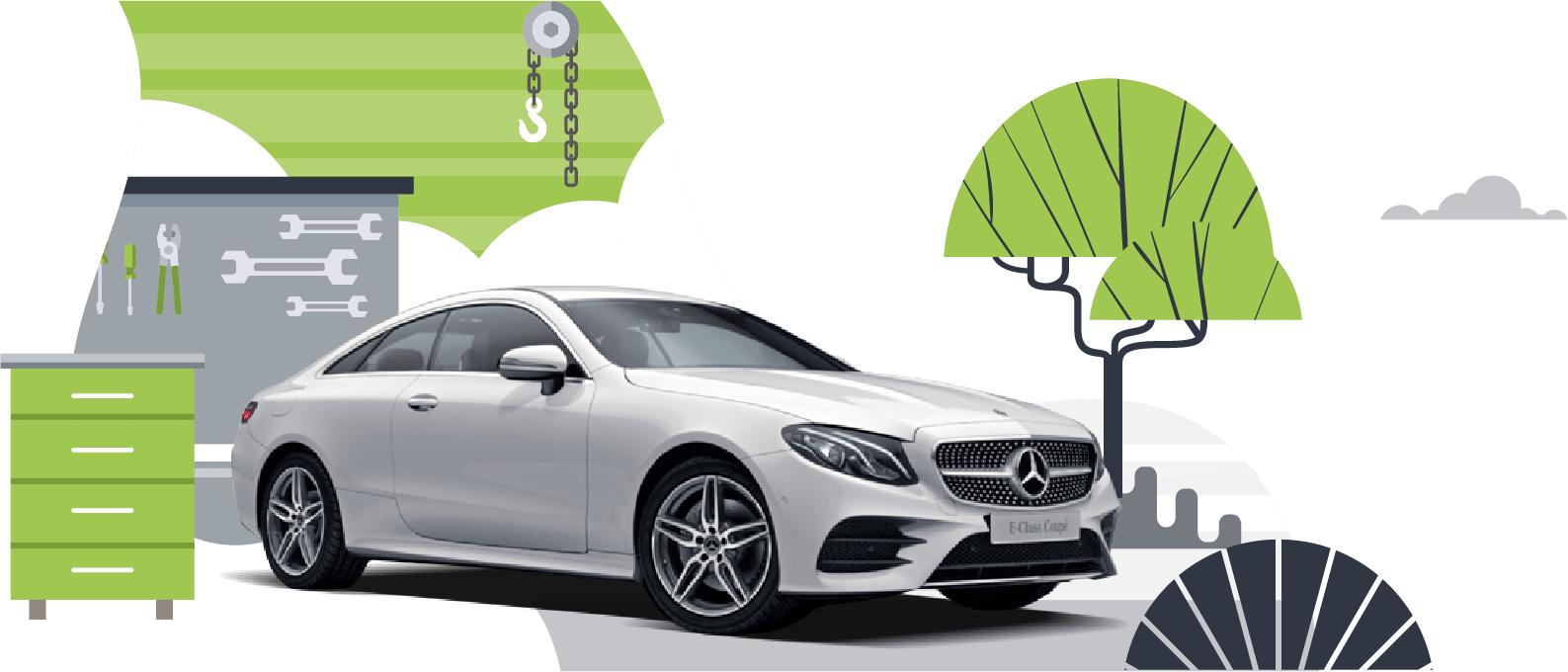Does a car warranty cover a battery?
Your car battery is regarded as a consumable item, and these components sometimes only have a limited period of full warranty cover. This is certainly a detail worth checking when you first purchase the car, as manufacturers’ warranties can vary.
What about extended warranties?
If your car is no longer covered by its manufacturer's warranty and you take out an extended warranty, or you are purchasing a pre-owned car older than three years and you choose to take out a warranty, do make sure you check up on the specific details of the policy, as many warranty providers exclude the battery from the warranty cover. You can, of course, always ask the question does the car warranty cover the battery before signing up.
At Car.co.uk, our warranties are transparent and easy to navigate. This means offering different levels of cover. For cars between four and six years old, or with between 40,000 and 60,000 miles on the clock, your car battery is covered. If your car falls at the older end of the spectrum, and is between 6 and 12 years old, or its mileage is between 60,000 and 120,000 miles, you may not be surprised to learn that your battery is not on the list of parts covered.
What are the different types of car batteries?
SLI (starting, lighting and ignition) batteries are used for most cars. They have a shallow charge cycle, which means they charge up quickly and run down quickly too, but given that starting your car requires only a short burst of energy, these SLI batteries provide ample power for most cars.
Deep cycle batteries provide power over a longer time period and tend to be used for golf buggies and marine vehicles. The two most used types are VRLA (valve regulated lead acid) batteries which don't need regular maintenance and are sealed and AGM (absorption glass mat) batteries and gel cell batteries.
Hybrids and electric cars use lithium-ion batteries, which can store larger amounts of power and are much lighter in terms of weight.
Stop-start batteries
More manufacturers are producing cars with stop-start technology as a means of reducing the CO2 emissions produced. For example, Fiat, Volkswagen, Toyota, and BMW now offer this innovation on 15 million of their cars in Europe. Known also as 'micro-hybrids' or 'idle stop and go', fuel is conserved by automatically switching off the engine when the car comes to a halt and is idling (unless power is needed for the air conditioning). This can result in an increased demand on the battery and may mean that you may need to replace the battery earlier than you would in a car without this technology.
Looking after your car battery
We've all experienced that heart-sinking moment when your ignition dies and you realise you have a flat battery. It’s never the best start to your day!
In order to maximise both the efficiency and longevity of your car battery, the advice is:
- ensure that the terminal connections are tight and free of debris
- keep the terminal connections clean to avoid a build-up of dirt and grease
- consider coating the terminal connectors with petroleum jelly to avoid corrosion
- avoid long periods when your car isn't in use - even a short run will help to recharge your battery
- if possible, parking your car in a garage in very cold weather can help
- regular servicing will mean that your battery is checked at sensible intervals






